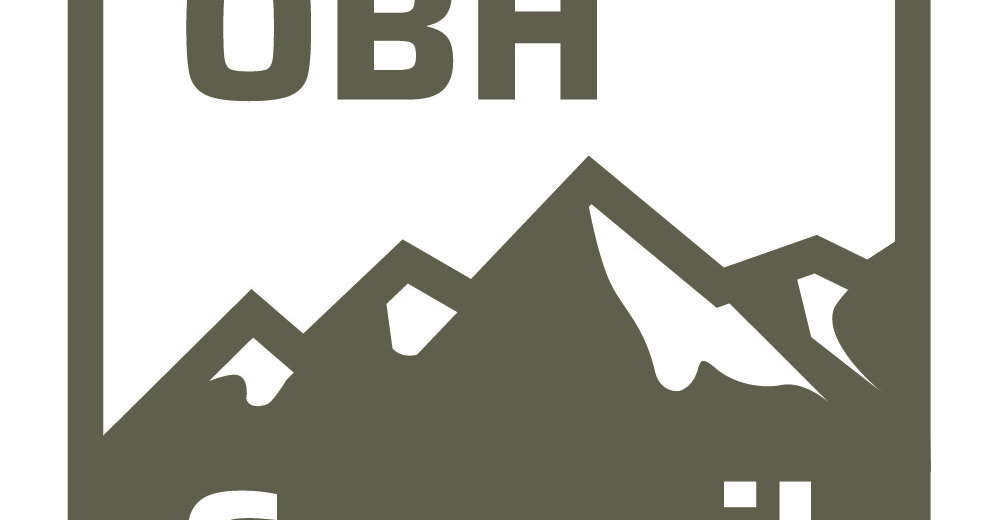Summit’s Own Shelley Wilson to Present at Upcoming Symposium
Summit’s own Shelley Wilson (Field Director) will be presenting at the Outdoor Behavioral Healthcare Council’s upcoming Regional Symposium in Asheville North Carolina. The Symposium (March 20th-22nd), is an annual conference for professionals in the field of Outdoor Behavioral Healthcare or Adventure Therapy.
Summit Achievement is a licensed Residential Treatment Center for teens in the state of Maine. We are also accredited as a small boarding school. We utilize Adventure Therapy along with other clinical modalities to treat teens struggling with anxiety, depression, and other mental health issues. Together with other programs, we are members of the Outdoor Behavioral Healthcare Council, and attend these symposiums so that we can always provide the utmost in client care, safety and clinical sophistication.
Shelley started with Summit as a Field Guide and has since risen to the position of Field Director. You can read more about Shelley here. Her presentation is titled “Teaching Humans How to Be, Not How to Do”. You can read her description of the presentation and the value of the presentation (both taken from the presentation proposal that was selected by OBH from other similar presentations) below.
Summit is proud to support our employees as they attend and participate in professional conferences and workshops. It is part of our commitment to growth at all levels of our organization.
___________________
Presentation Description: Teaching Humans How to Be, Not How to Do
What happened to the Grinch’s heart?? How did Mr. Scrooge turn his “bah humbug” into charity and love? What happens when you discover that the person you’ve been angrily tailgating is an elderly person that reminds you of your own mother or father or grandparent? The answer lies in a heart of peace as beautifully explored in The Arbinger Institute’s book, “The Anatomy of Peace.” A heart of peace is achieved by a powerful shift in mindset, to see others more clearly, to see people as people as opposed to objects. As informed by cognitive psychology, there is a profound connection between our thoughts, feelings, and actions. We have great agency in how we perceive others and thus feel about the humans around us in moments of crisis, in conflict, in succeeding at the radically candid delivery of feedback, in how we approach different leadership strategies, and the list goes on and on. The reason being that a shift in mindset, cultivating a heart of peace, gets to the root of a multitude of difficulties that we may face in achieving positive and productive operations of Wilderness Therapy programs.
Value of this Workshop:
This workshop will guide participants through the process of moving from a heart of war to a heart of peace as well as equip them with the tools to guide their staff through the same process. The impact of this paradigm shift will be felt not only in individual interactions, but in the way guides, leadership, and program departments approach the major and minute details of their work. Instead of spending significant amounts of time and energy solving staff retention issues, managing staff conflict, giving repeated feedback, redirecting guides in multiple facets of how they do their job, there only need be time spent on guiding individuals towards a heart of peace. The rest will follow. I will present a PowerPoint to inform participants on the principles put forth by The Arbinger Institute in conjunction with cognitive psychology and studies on the power of mindset in the placebo effect. I will also provide worksheets for participants to take away key points and walk themselves towards a heart of peace.
